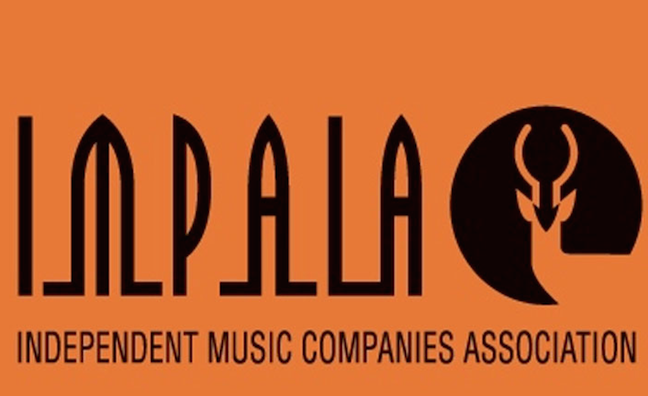A proposal to increase streaming royalties to rights-holders should be good news – but Apple Music’s plan to do just that for music in the spatial audio format has proved divisive.
For the independent sector, the costs of adopting the new format are a major issue. IMPALA is now calling for a discussion on the proposal.
Over the last few weeks, IMPALA has been gathering views on Apple’s proposal to apply a 10% stream rate uplift for music available in spatial audio. The European independent labels’ trade body suggested the move would have negative consequences for independent labels and their artists.
“The boost in royalties, as already highlighted in the press, is less accessible to independents,” said a statement. “This can be due to the upfront costs involved when recording new tracks and having to remix already released repertoire. Some may also choose not to use this format, simply as a creative choice. With Apple's revenue pool being finite, a multiplier for spatially-enabled plays inevitably translates to diminished earnings for those unable to access it, which compounds the impact on independents.”
IMPALA said it welcomes efforts to grow the debate about how to reform the streaming market, but questioned this approach.
“While we understand that enhanced formats aim to be for the benefit of the fans, it should not result in reducing the rates for tracks not released in a specific format,” said the trade body.
Dolby reported that 87% of artists in the 2022 US Top 100 Albums released music in Dolby Atmos.
Since its arrival in 2021, the number of monthly spatial audio listeners on Apple Music has more than tripled, with 80% of worldwide subscribers accessing the service. Monthly plays in spatial audio have grown by over 1,000%, according to Apple.
We support moves by services to recognise sound quality in a way that is objectively fair and sustainable
Helen Smith
IMPALA has invited Apple to discuss alternative ways to reform the streaming model, “rather than unilaterally introducing significant changes, resulting in the redirection of revenues from independents to be redistributed among the major players”.
“This is a delicate issue given the market power generally of Apple, as well as the majors and the fact that it disproportionately affects emerging and less-streamed artists, niche genres, smaller markets, and less mainstream languages,” added the statement. “This goes in opposition to IMPALA's own streaming recommendations which seek to grow revenues overall and end dilution, as well as promote diversity within the streaming ecosystem.”
IMPALA’s executive chair Helen Smith said: “We support moves by services to recognise sound quality in a way that is objectively fair and sustainable. Our invitation to Apple on this proposal is to look at alternative ways to achieve this rather than linking it to streaming reform. We look forward to our board meeting next month at Apple's emblematic office in Battersea.
“We also refer again to IMPALA’s 10-point plan to reform the current royalty allocation models to ensure fairness and sustainability for all artists, accelerate revenues and promote a broader diversity of emerging talent. Our plan also recognises the untapped commercial potential in smaller markets, particularly within Europe, and has proposed initiatives to unlock this potential and promote cultural and linguistic diversity within the streaming landscape.”
Mark Kitcatt, chair of IMPALA’s streaming reform group and CEO of Everlasting Records and Popstock Distribuciones, added: “Changes to the streaming ecosystem are now being pushed out by the global streaming services which dominate the landscape. IMPALA started this discussion three years ago, and we appreciate Apple’s efforts to improve sound quality. We would like to explore other ways of achieving this. For us this is simply not a streaming reform issue. If Apple remains committed to adjusting revenue allocations, let's explore other options together.”
Music Week has reached out to Apple for comment on the streaming royalties proposal.











